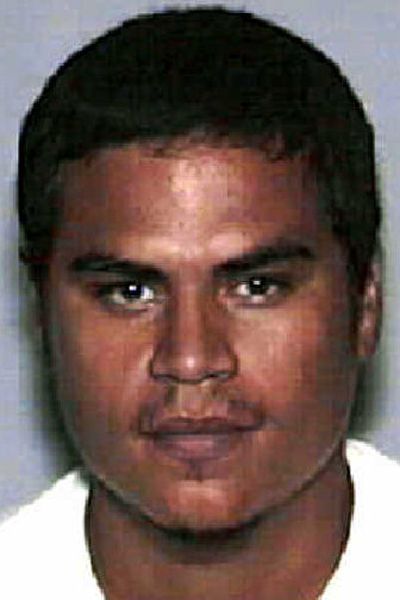Imprisonment case under appeal

WASHINGTON – The Bush administration on Friday tried to convince a federal appeals court that the Supreme Court shouldn’t review the government’s decision to imprison a U.S. citizen as an enemy combatant in the war on terrorism for more than three years without charging him with a crime.
In a dramatic change of course, the administration argued that the appellate court ruling that had allowed the government to jail Jose Padilla indefinitely was now moot because he’s now been charged.
The Justice Department claimed that Padilla is a terrorist who wanted to explode a radioactive bomb and blow up apartment buildings in the United States. Last month however, the Justice Department charged Padilla only with lesser crimes, prompting judges on the 4th Circuit Court of Appeals in Richmond, Va., to demand an explanation for the shift.
The administration’s action on Friday is intended to avert a Supreme Court showdown over its claim that the government can hold suspected terrorists indefinitely, without charges, by designating them enemy combatants. The administration has used that designation to imprison Padilla and hundreds of other suspected terrorists captured in Afghanistan and elsewhere.
In its filing to the appeals court, the Justice Department said: “Narrowing the charges would avoid sensitive evidentiary issues that may implicate core national security concerns and constitutional issues.”
Some of the evidence that Padilla wanted to mount a “dirty bomb” attack was obtained from other suspected al-Qaida terrorists who’ve been held in CIA, military or foreign prisons and may have been subjected to cruel or inhumane treatment that U.S. officials may not want to discuss in open court.
Since Padilla was arrested in June 2002, critics of the administration have charged that the government overstepped its authority – particularly in the case of a U.S. citizen – by not filing any charges or permitting a combatant to challenge his imprisonment. Earlier, a federal district court judge had ruled that Padilla should be criminally charged or else released.
The Richmond appeals court reversed that ruling and sided with the administration.
Several legal and national security experts described the government’s filing as a retreat in the biggest test case of executive wartime authority.
“It’s a crying shame that they’re doing this,” said David Rivkin, a defender of the administration’s expansive use of the laws of war rather than the criminal justice system to handle terrorist suspects.
In 2002, top Bush officials called Padilla, a 35-year-old former gang member in Chicago and South Florida, “a grave danger to national security,” an al-Qaida plotter whose case was so sensitive it couldn’t be handled in criminal court. He’s been held in a Navy brig in Charleston, S.C., ever since.
Last month, Attorney General Alberto Gonzales announced that Padilla had been indicted on unrelated charges with four other men in a plot to assist terrorists overseas. The indictment didn’t mention a specific attack or link the men directly to al-Qaida.
The brief filed on Friday by administration lawyers said that while the president retains the power to designate any citizen as an enemy combatant, it was “unlikely” that would happen again to Padilla.